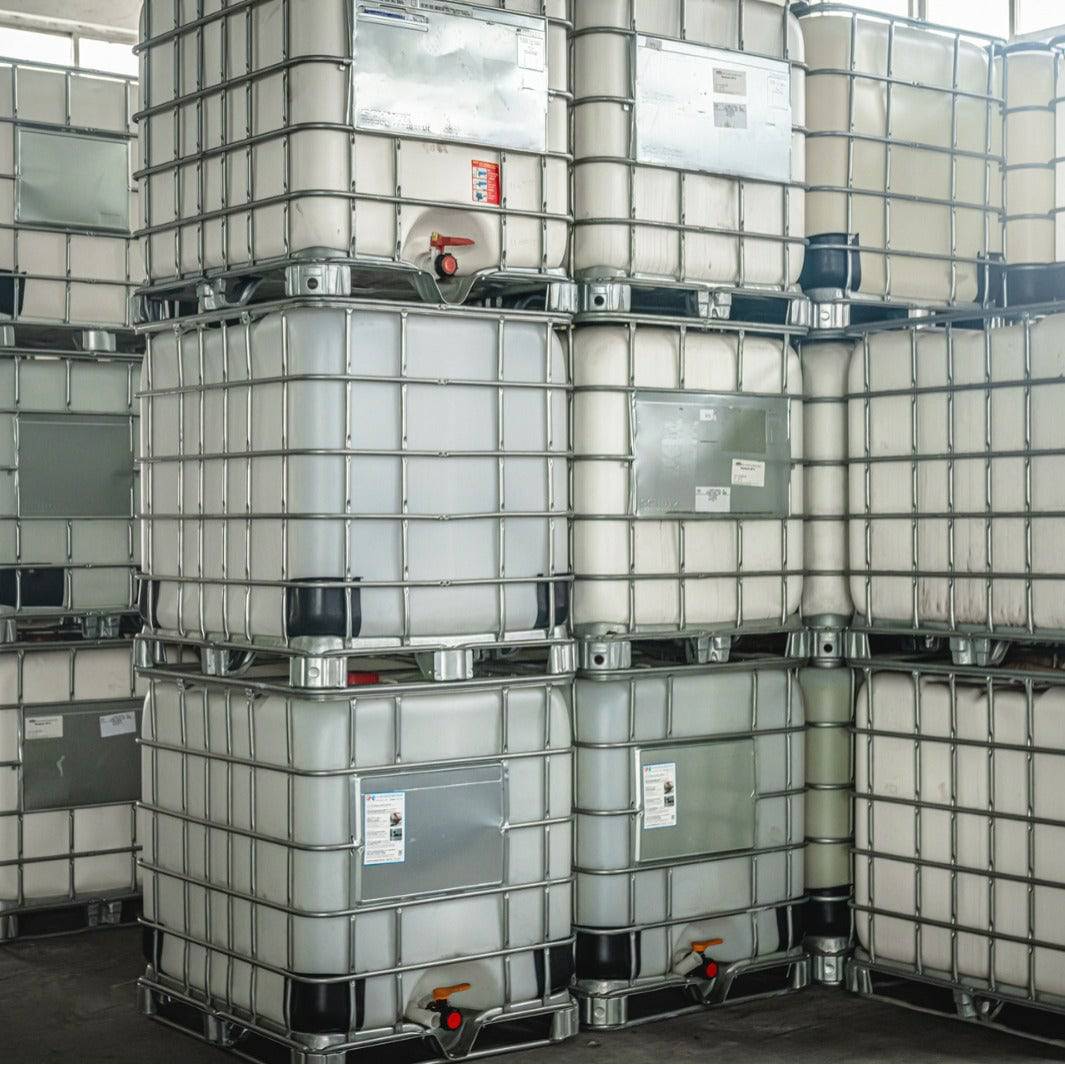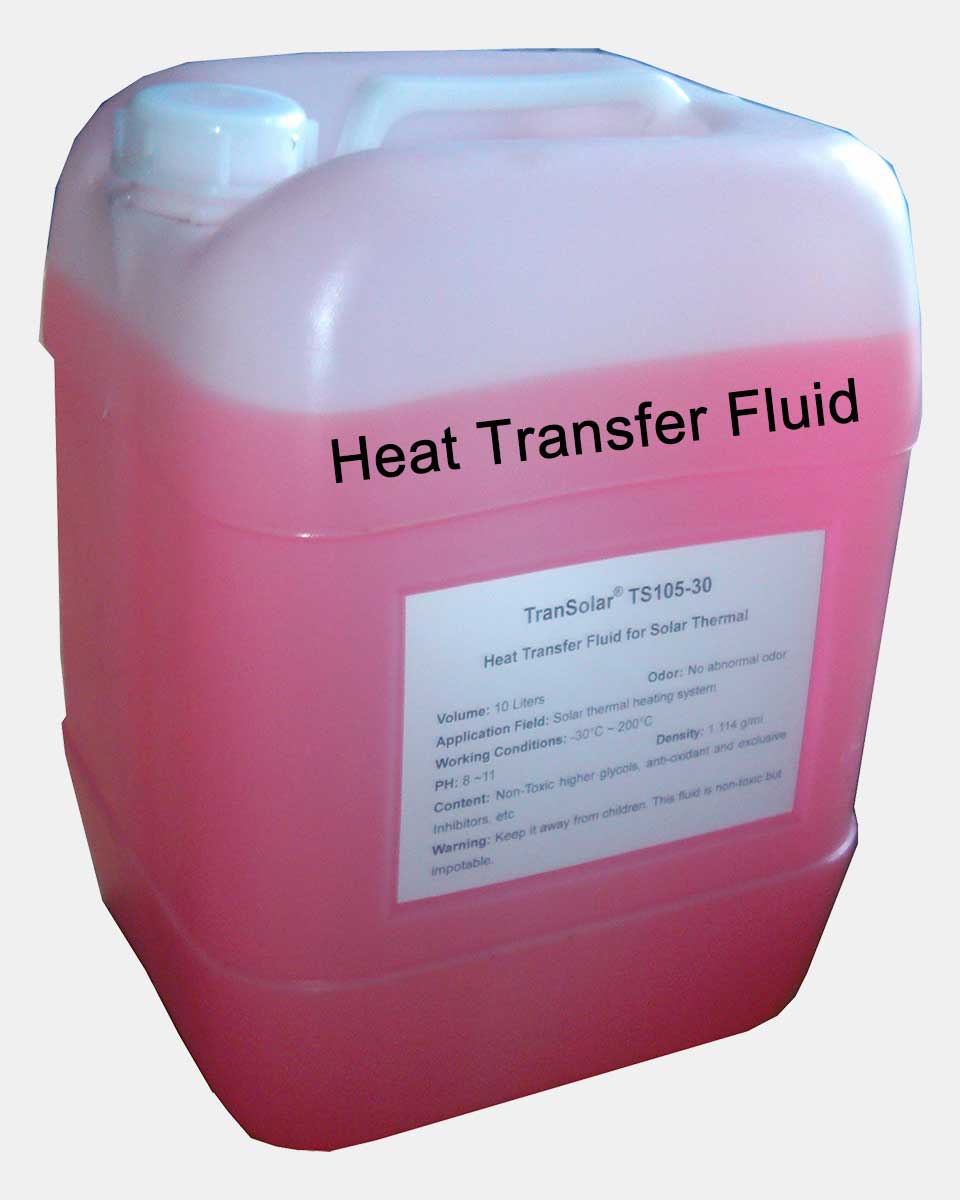Heat Transfer Fluid: Crucial for Enhancing Industrial Cooling And Heating Systems
Heat Transfer Fluid: Crucial for Enhancing Industrial Cooling And Heating Systems
Blog Article
Just How Heat Transfer Liquid Adds To Sustainable and Cost-Effective Operations
In the modern industrial landscape, the duty of warmth transfer fluids (HTFs) in promoting lasting and cost-efficient procedures can not be overstated. These liquids are crucial in maximizing thermal management systems, thereby considerably boosting energy efficiency and decreasing functional prices. The environmental advantages of advanced HTFs, with their high thermal stability and reduced toxicity, are obvious. They not just prolong system durability however additionally add to the decrease of unsafe discharges. Yet, real possibility of HTFs is realized via the meticulous option procedure, guaranteeing compatibility and safety. Yet what factors should direct this vital choice?
Comprehending Heat Transfer Liquids
In the world of thermal administration, warm transfer liquids (HTFs) act as vital agents for transferring thermal power from one place to an additional. These liquids play a critical function in different commercial applications, including chemical handling, power generation, and HVAC systems. HTFs are especially crafted to run within a wide variety of temperatures, efficiently helping with the transfer of warm while maintaining a steady thermal profile. Their ability to work under extreme problems-- whether heats or cryogenic levels-- makes them important in atmospheres demanding specific thermal control.
The make-up of heat transfer fluids can vary considerably, including choices such as mineral oils, synthetic oils, glycols, and molten salts. Each type uses unique benefits, such as improved thermal security, low thickness, and high boiling factors, which are selected based on details operational requirements. In addition, the option of HTF effects not just the effectiveness of warm transfer however additionally the longevity and security of the system in which it is utilized.
As sectors proceed to innovate, the development of sophisticated HTFs, identified by their enhanced thermal conductivity and decreased environmental impact, is vital for fulfilling the demands of contemporary thermal management difficulties.

Enhancing Energy Effectiveness

Improving energy performance has come to be a vital worry across numerous markets, motivating a closer assessment of heat transfer liquids' role in optimizing thermal administration systems. These liquids are essential to keeping the wanted temperature in procedures, thereby reducing energy waste and enhancing general system efficiency. By selecting an ideal warmth transfer liquid, industries can significantly enhance their power performance, resulting in minimized energy intake.

Advanced solutions of warm transfer liquids have been created to endure extreme temperature levels while keeping security and effectiveness. These developments prolong the operational life expectancy of the fluid, reducing the frequency of replacements and energy-intensive upkeep activities. The usage of artificial or bio-based fluids uses extra benefits in terms of decreased ecological influence, lining up with international sustainability goals. Enhancing power performance through optimal warm transfer fluid selection is not only a technical need yet additionally an ecological crucial.
Reducing Operational Costs
Functional prices are a considerable consideration for markets looking for to keep competitive benefit, and the selection of warm transfer fluid plays an essential duty in cost management. Picking a proper warm transfer liquid can result in considerable price financial savings by boosting system efficiency and decreasing energy usage. High-performance liquids lessen thermal degradation, which subsequently lowers the frequency of fluid replacement and downtime linked with upkeep, therefore lowering functional expenses.
Additionally, warmth transfer fluids with superior thermal stability and rust resistance expand the lifespan of devices. This reduces the requirement for constant repair services and substitutes, which can be pricey and turbulent to procedures. By i thought about this spending in top quality liquids, sectors can attain long-lasting reductions in maintenance costs and enhance the reliability of their systems.
In addition, advanced warmth transfer liquids frequently exhibit lower viscosity at running temperature levels, which improves pump efficiency and decreases energy usage in navigate to this website liquid flow. This optimization of power consumption straight translates right into lowered operational costs. Additionally, many modern warmth transfer fluids are crafted to operate effectively over a wide temperature array, minimizing the demand for numerous liquid kinds, therefore simplifying inventory requirements and lowering linked costs. These variables collectively add to more lasting and economical operations.
Ecological Effect Reduction
The push in the direction of lowering environmental effect has actually gained momentum in markets leveraging heat transfer fluids. Firms are significantly recognizing the significance of reducing ecological impacts by embracing sustainable methods. Warm transfer fluids (HTFs) play a crucial function in this transition, offering possibilities to boost energy efficiency and lower emissions. By selecting HTFs with high thermal stability and reduced poisoning, sectors can ensure minimal leak and deterioration, thus decreasing hazardous ecological launches.
Moreover, the use of innovative warm transfer fluids adds to improved system efficiency, reducing the overall power usage. This reduction not just causes cost savings however likewise lowers carbon dioxide exhausts, aiding in the fight versus climate adjustment. Liquids that are naturally degradable and recyclable further boost sustainability efforts, as they decrease waste and promote round economic climate techniques.
Additionally, including HTFs into closed-loop systems protects against fluid loss and contamination of the surrounding environment. This approach makes certain that liquids are reused, lowering the demand for brand-new sources and limiting waste generation. By welcoming these eco mindful techniques, industries can significantly diminish their environmental influence while keeping high functional performance, straightening with worldwide sustainability goals and governing requirements.
Selecting the Right HTF
Picking the appropriate warmth transfer liquid (HTF) is an important action in progressing ecological sustainability within commercial procedures - heat transfer fluid. A perfect HTF must possess a dig this high thermal ability, low viscosity, and high thermal conductivity to ensure efficient heat transfer.
This makes sure long life and reduces maintenance costs. The fluid should be safe and biodegradable, lessening its environmental footprint and guaranteeing compliance with ecological policies.
Verdict

Report this page